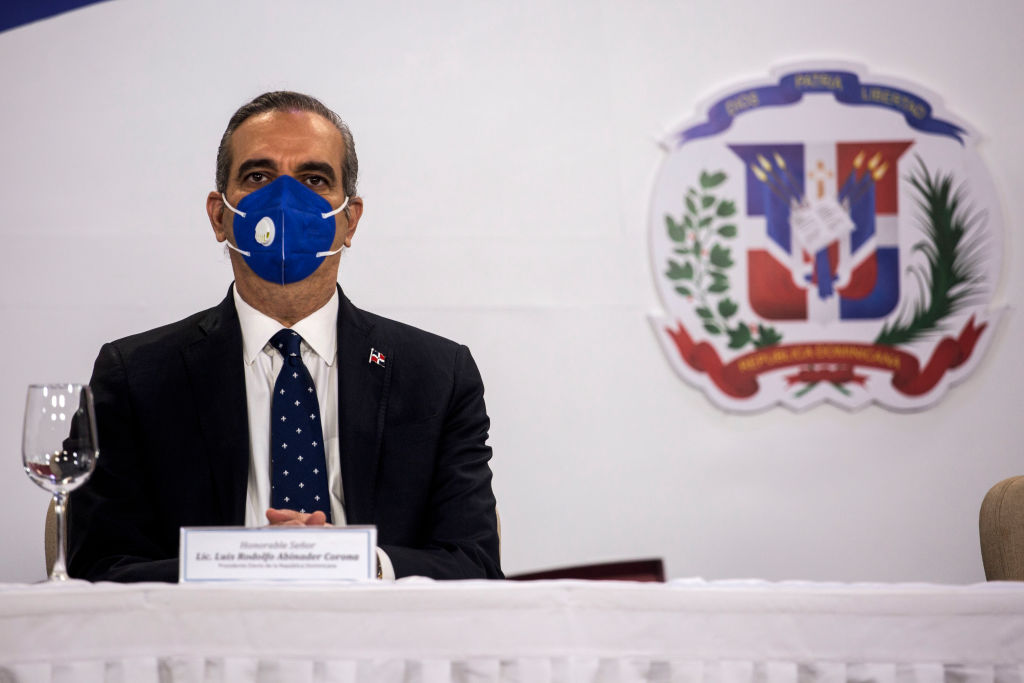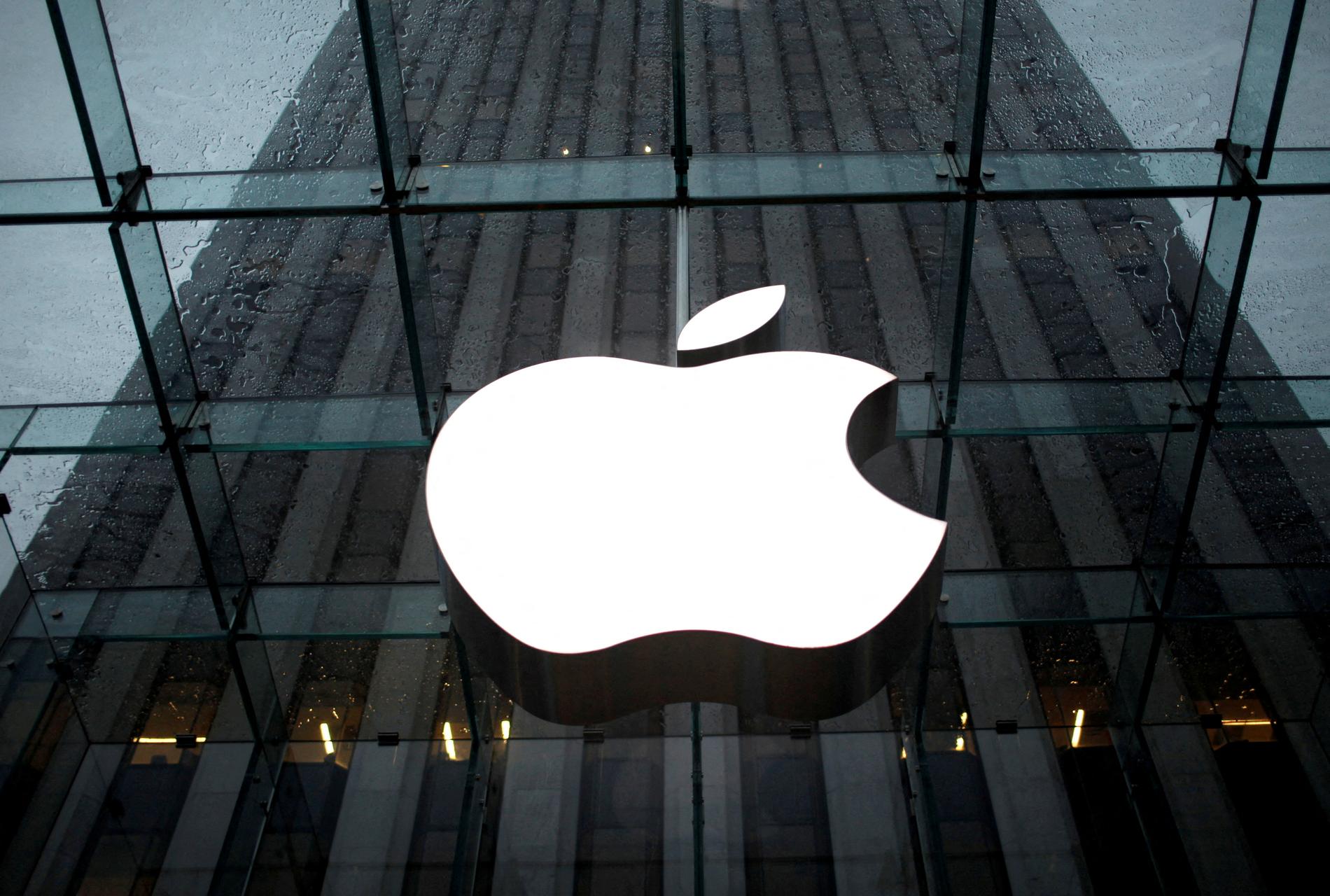Monday, October 4th 2021
Hope for “Friedenskanal” The Dead Sea shall not die
Von Tal Leder
A “peace canal” is supposed to improve the irrigation system in the Middle East and replenish the shrinking Dead Sea. While the project can also ensure the supply of drinking water, environmentalists fear serious consequences for nature to facilitate vaccinated individual tourists. But due to the rapidly increasing number of Covid 19 infections since June, the borders remain closed. As everywhere in the region, the tourism industry is an important economic factor that felt the consequences of the Corona crisis in particular. Especially the area around the Dead Sea, which is visited every year by half of the almost four million holidaymakers.

“There have been hardly any tourists since the outbreak of the pandemic,” says David Giladi from Kibbutz Ein Gedi. “Many people have lost their jobs as a result. If the essential problems of the region are added, then an entire economic factor is at risk.” The geologist complains about the downward trend in the Dead Sea. The level of the Salt Sea (Hebrew: Yam ha-Melah), which is 436 meters below sea level, drops by over a meter every year. In less than 50 years the water threatens to dry up. “This is where politics is called for,” complains Giladi. “Solutions have been presented for decades, but not implemented.”
There are already ideas for saving this natural wonder. In the future, a pipeline over 200 kilometers long will connect the Red Sea and the Dead Sea. The 13 billion euro project, known as the “peace channel”, was agreed by Jordan, Israel and the Palestinian Authority in 2013 together with the support of the World Bank. It is primarily intended to remedy the water shortage in the neighboring regions. Political disagreements delayed the start of construction in 2018. But the new government in Jerusalem and its partners want to revive the “Red Sea – Dead Sea Water Conveyance”.
The project is to be developed over the course of several years and plans to extract one billion cubic meters of water from the Red Sea annually. The salt water is pumped towards the Dead Sea via pipelines. On the way, fresh water is to be extracted by desalination plants, which will then be sent to Jordan and Israel as drinking water. The remaining brine flows into the Dead Sea.
Inlets diverted
The inland lake, the salinity of which is ten times higher than that of the great oceans, has been fed for millennia by rain and the Jordan River, which flows south from the Sea of Galilee. After the founding of Israel in 1948, it was diverted to irrigate kibbutzim. But above all to make the arid landscape of the Negev desert bloom. As a result, the level in the Dead Sea has dropped by more than 40 meters over the past 70 years.

Due to the decline in water, the groundwater takes its place. This underground process creates potholes on the surface, of which there are now more than 5,000. But Jordan also played its part in damming the Yarmuk River – one of the main sources of the Jordan. Conservationists are calling for a rethink because this ongoing trend could destroy the area’s ecosystem.
“The decline of the Dead Sea is man-made,” says Gidon Bromberg, Israeli director of Ecopeace Middle East, an Israeli-Jordanian-Palestinian environmental peacebuilding organization. “Environmental problems always came last in the Middle East.” While politicians see climate change and decades of drought as the cause, environmental activists and scientists believe that most of the damage has been caused by humans. This in turn is due to the negligence of the government. “It is not global climate change,” says Bromberg, “but a state-licensed exploitation of our most valuable resource”.
Concern about ecological consequences
Due to the population growth in one of the most arid regions on earth, the consumption of this precious raw material has increased steadily. But the mineral industry on the Dead Sea, such as the “Arab Potash Company” on the Jordanian side and “Dead Sea Works” on the Israeli side, also contributes to its drying up. Ecopeace fears dangerous ecological consequences from the Dead Sea-Red Sea project and warn that the planned waterway runs along an earthquake area. “In addition to a change in the salt content, algae could form and chemical reactions could result in gypsum,” explains Bromberg. “Coral reefs in the Red Sea would also be at risk.”
The environmental expert advocates a more responsible solution, such as more efficient technologies and charging for industry. More sea desalination plants would also have to be built and drinking water would have to be used more sparingly. He also proposes a reanimation of the Jordan.
“That’s not realistic,” says Roni Sarfati from Tel Aviv. “Unfortunately there is no perfect solution. In order to save the region, measures must also be taken that are imperfect.” The water technology engineer from France is a proponent of the “Peace Canal”. For him, the project has a sustainable development, even if the construction is very expensive, its operation requires a lot of maintenance and safety issues are still open. “It will not only completely fill up the salt sea, it will also partially solve the water shortage in the area,” says the expert. “The entire process will also generate electricity.”
Most people in the region have a positive attitude towards the “Friedenskanal”. They hope the project will boost Dead Sea tourism and create new jobs. “The population wants a long-term solution to the problem,” says David Giladi from Kibbutz Ein Gedi. “The dependency of the drinking water supply of all countries will only strengthen peace in the Middle East,” the geologist is certain. “Because water means life.”
Note: This article have been indexed to our site. We do not claim legitimacy, ownership or copyright of any of the content above. To see the article at original source Click Here













